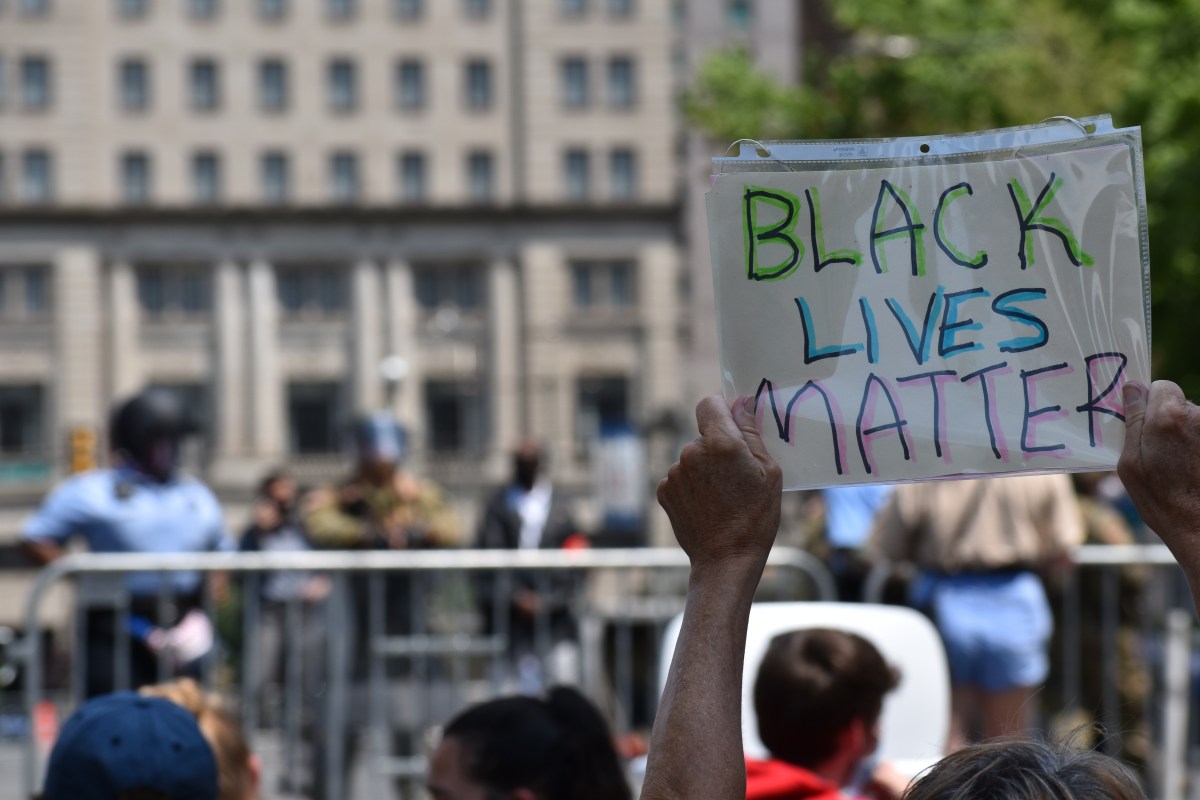By Marc Jones
LONDON (Reuters) – World stocks markets were knocked off record highs on Tuesday as two of the world’s mega companies and Europe’s largest economy, Germany, reported damage from the coronavirus outbreak.
Apple’s stock fell almost 6% in Frankfurt at one stage and Wall Street looked set for a rocky ride later after the iPhone maker warned it was unlikely to meet the March quarter sales guidance that it had set just three weeks ago.
All of Europe’s main markets were down between 0.5% and 1%[.EU]. China sensitive stocks led the falls but the mood had been darkened further by a far-worse-than-feared German investor sentiment survey pointing to a deepening manufacturing recession there.
HSBC announced a massive restructuring that involved shedding $100 billion of assets and slashing 35,000 jobs over three years. It also warned about the impact of the coronavirus on its Asia business. The stock fell more than 6% in London trade.
“We have been pointing out that the market reaction in past weeks was excessively constructive and this could be a wake-up call to all investors that ignored so far potential negative impact,” analysts at UniCredit said.
The warning from Apple sobered investors who had hoped stimulus from China and other countries would protect the global economy from the effects of the epidemic.
China’s CSI300 bluechip stocks index <.CSI300> had given up 0.5% after gaining sharply on Monday, encouraged by a central bank rate cut and government stimulus hopes.[.T][.SS]
HSBC ensured Hong Kong Hang Seng <.HSI> lost 1.5%, while the global tech reaction to Apple’s warning left Tokyo’s Nikkei <.N225> down 1.4% and South Korea down 1.5% as Samsung slid and the Seoul government declared an economic emergency.
With safety in demand again, benchmark government bonds rallied. The 10-year U.S. Treasuries yield fell 5 basis point to just above 1.5%
Commodity markets, which are worried about the virus’ impact on power hungry China and other major Asian markets, saw Brent oil prices tumble over 2% after five days of gains as gold jumped the other way to a two-week high.
The safe-haven Japanese yen rose 0.15% to 109.70 yen per dollar The yuan was steadier, trading at 6.9950 per dollar “I sense that people are increasingly worried about the real world impact on the export machine that is Germany,” said Allianz Global Investors strategist Neil Dwane.
TEMPTED TO SELL
Also hurting market sentiment were a reports that U.S. President Donald Trump’s administration was considering changing regulations to allow it to block shipments of chips to China’s Huawei [HWT.UL] from companies such as Taiwan Semiconductor Manufacturing Co, the world’s largest contract chipmaker. S&P 500 e-mini futures The number of new cases of the virus in mainland China fell below 2,000 for the first time since January, but it remains far from contained. The death toll in China had climbed to 1,868, the National Health Commission said, and the World Health Organization said “every scenario is still on the table” in terms of the epidemic’s evolution. As China’s authorities try to prevent the spread of the disease, the economy is paying a heavy price. Some cities remain locked down, streets are deserted, and travel bans and quarantine orders are preventing migrant workers from getting back to their jobs. Many factories have yet to re-open, disrupting supply chains in China and beyond, as highlighted by Apple.
“Apple is saying its recovery could be delayed, which could mean the impact of the virus may go beyond the current quarter,” said Norihiro Fujito, chief investment strategist at Mitsubishi UFJ Morgan Stanley Securities. “If Apple shares were traded cheaply, that might not matter much. But when they are trading at a record high, investors will be surely tempted to sell.”
(Additional reporting by Hideyuki Sano in Tokyo; Editing by Alison Williams)




















